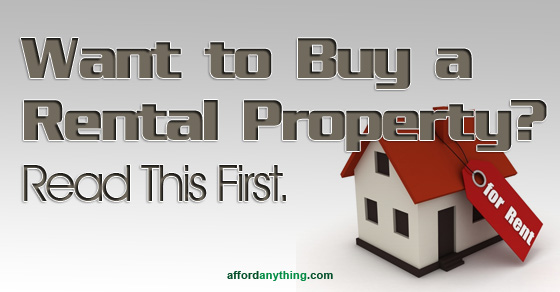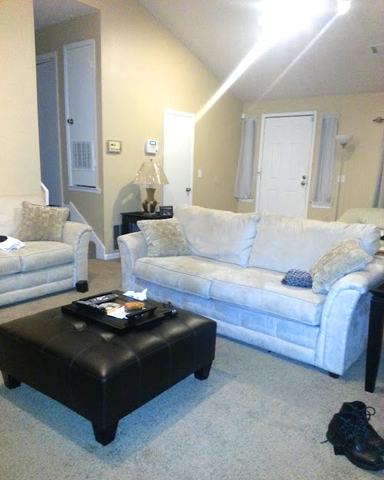Want answers to some real estate questions? Here’s the latest edition of Readers Ask.
One reader asks:
I have a long list of repairs and upgrades which my house needs, and I would like to find an impartial source for ballpark price estimates. What do you recommend?
Those estimates will vary, depending on what part of the country you live in. Labor rates and materials cost different amounts in different regions.
Furthermore, the costs will vary depending on the scope of work, complexity of the job and the seriousness of the existing damage. Installing large tiles on a non-level flooring surface, for instance, will cost much more than installing tile on a level floor.
You can check a website like Angie’s List for recommendations, but honestly, I would collect three or four quotes from each subcontractor. That should give you a good, representative sample of how much labor and materials for each project cost in your specific area.
Another reader asks:
What do you think about buying from a company that sells houses to investors? (Then he linked to a wholesaling website)
Here’s my take: there are plenty of people who will flip houses to other investors. They’re called wholesalers, and like with any other industry, you’ll find honest wholesalers as well as shady wholesalers. However, if you’re not familiar with the area/city, or if you’re new to real estate investing, you may be at a higher risk for falling victim to shady wholesalers.
Plus, the stakes are higher. Fall victim to a shady dry-cleaner or tailor, and at worst you’ve lost the cost of your jacket. Fall victim to a shady wholesaler, and you’ve lost tens of thousands.
That said, I think investing in a different state is a great option for people who live in expensive areas where not many houses meet the One Percent Rule.
If I were you, I’d take a trip to Atlanta or Memphis (or whatever city you were thinking about investing in). You can learn a lot by driving around, eating at local cafes, hanging out at coffee shops, and generally getting a “feel” for the area. You can also meet local property managers.
Beyond that, I’d get an inspector to check out the house before you buy it. This costs about $300 to $500 and it’s worth every dime. You don’t want to be blindsided. I’d also get an appraisal done, another $300 to $500 expense that can reduce the risk that you’re overpaying for a property.
Don’t believe the numbers that the seller gives you. If the seller says that he paid $2,000 last year in utilities, don’t just take his word for it — demand to see the bills. If the seller says the taxes on the house are $5,400 a year, demand to see the tax records.
And never, ever, EVER trust the seller’s “cap rate” or “cash-on-cash return” numbers. Many sellers inflate those numbers by pretending that the home has 100 percent occupancy and free property management. Do the math yourself.
If you have a good team in place (property manager, inspector, appraiser, contractor), you can be a successful out-of-town investor. Just don’t believe everything the seller says. Trust, but verify.

